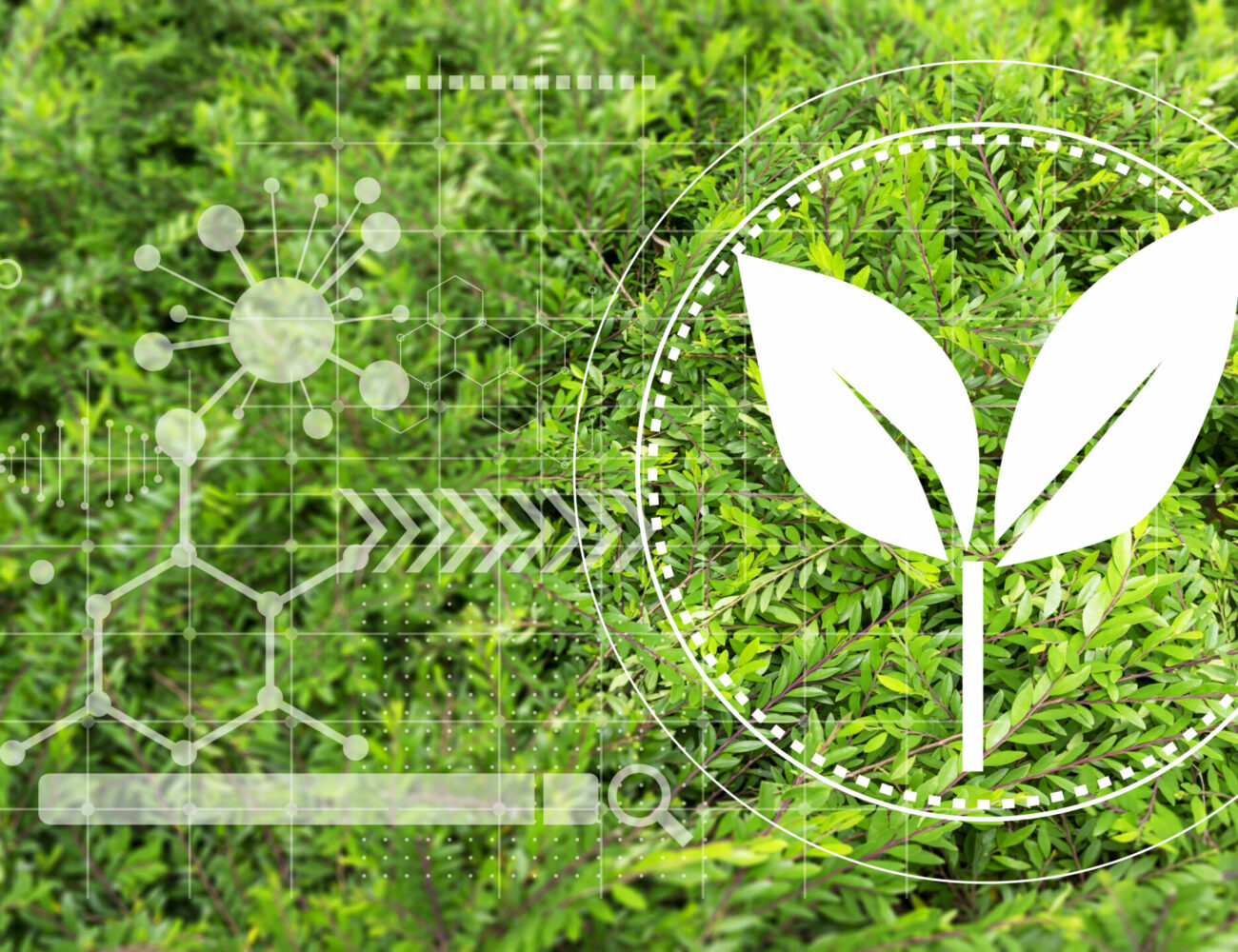
Ssuchy-Next
Start of the project: 01-09-2024
End of project: 31-08-2028
The Ssuchy-Next project is part of the European initiative for the emergence of a biobased and circular economy via the development of new eco-circular polymer materials.
Through rigorous monitoring and respect for open science practices, SSUCHY-Next aims to maximize its impact and pave the way for a greener future in the field of composite materials:
-Advance the sector of sustainable and circular bio-based composites with fully circular hemp fibers and environmentally friendly wood-based scaffolding in bio-based resins.
-Facilitate market adoption of scalable bio-based solutions and enable farmers, processors and textile companies to access the hemp fiber and bioresin markets.
-Guarantee the availability of bio-sourced fibers, resins and additives on a large scale by demonstrating the production of reagents.
-Advance the design of sustainability and circularity, demonstrating the recyclability of all products through primarily mechanical recycling routes to preserve the reinforcing capacity of fibers.
-Address production issues across all applications to reduce manufacturing impact, particularly through modeling strategies for wind turbine blade manufacturing.
-Establish sustainable bio-based resins as a standard, replacing petroleum-based systems, and improve the recyclability of bio-based circular composites to significantly reduce large-scale pollution.
Objectives and missions of Materia Nova:
In the project, Materia Nova is responsible for the work package dedicated to the development of biosourced and circular matrices. The main objective of this module is to address the challenge of the limited availability of bio-based polymer matrices, crucial for the sustainable production of composites, by focusing on three types of polymer systems that are recyclable and have high bio-based content (epoxy resins, benzoxazines and acrylics). Materia Nova works more particularly on 100% biosourced thermosetting resins such as epoxy and benzoxazine, derived from lignocellulosic biomass, with an emphasis on sustainability, circularity, safety and economic viability without neglecting performance.
Duration: 48 months
Total cost: €8,036,953.75
Project type: Horizon-JU-CBE-2023-R-04 - EU grant: €6,735,747.25
Project coordination: KUL
Materia Nova project manager and contact: Leïla Bonnaud